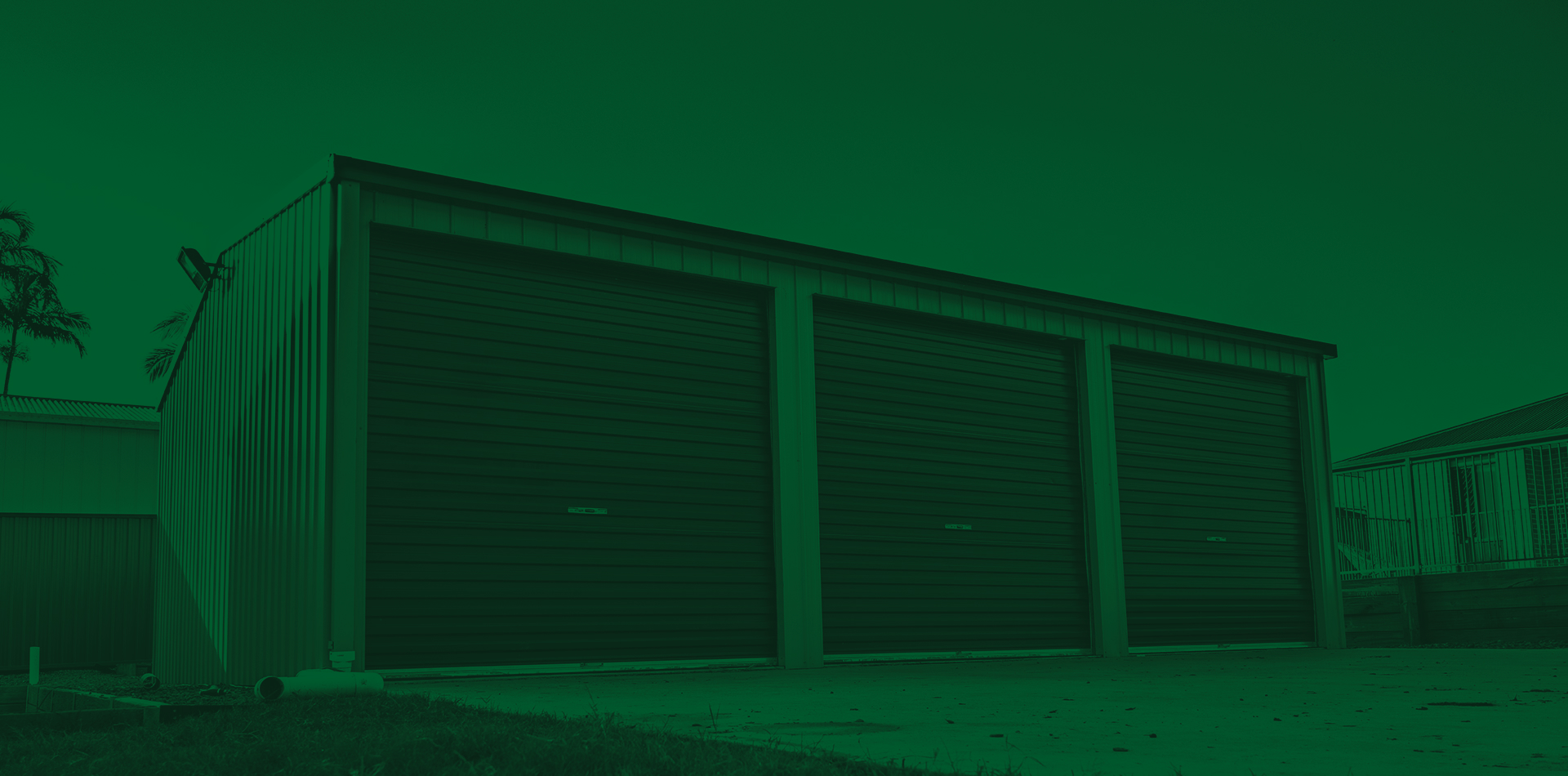
What Not To Store In A Garage (And Why)
Since the average garage is subject to temperature extremes and pests can easily gain access to it, you should avoid storing certain household items in there.
Canned food
Canned food stored in your garage can spoil much earlier than expected due to the temperature extremes. For example, canned tomatoes and canned beans will keep for a shorter period if kept in temperaturesabove 21 degrees Celsius, and could spoil if the storage temperature is above 35 degrees Celsius. Canned items are best kept in the pantry or some other cool, dry place with a stable temperature range.
Paint
Paints and refinishing solventswill likely spoil in the temperature extremes of the average garage, and it’s common to see curdling and separation. Additionally, storing paint cans on the concrete floor of your garage can lead to the cans rusting much quicker. It’s best to store your paint cans in a shelf in your house or another cool space such as your basement.
Propane
Propane tanks for your barbecues and other gas-powered appliances should never be kept in your house or garage. The tank can leak gas, which could be ignited when you start your car. Store your tanks in a secure, enclosed space away from the house such as a garden shed, and always follow the manufacturer’s instructions for safe storage.
Fabrics and bedding
Fabrics and bedding won’t pose a danger when stored in your garage, but pests and rodents can find these items attractive for building a nest. It’s best to store clothing and fabrics inside the house.
Paper products
Paper products can also attract pests and rodents, so keep paper products such as office paper, paper cups and plates, and serviettes inside your pantry. If you must store these items in the garage, seal them in bags or store them in lidded plastic containers.
Electronics
Your old DVD players, TVs, and home entertainment systems that you’re thinking about donating should be kept inside the house. This is because electronics can become damaged in the temperature extremes of the garage.
Food and pet food
Storing your dog’s dry kibble, your bird seed supply, and other food items in the garage is inviting rodents and insects to dine out at your house. It’s better to keep these in containers or tightly sealed plastic bags in your pantry.
Wine
Your garage is not a suitable makeshift wine cellar because of the temperature variations throughout the year, so never store wine and other alcoholic drinks in there. For wine, extreme heat can damage the composition and change the colour, rendering it undrinkable. According to experts, you should keep your wine at around 12 to 16 degrees Celsius, in moderate humidity. This way the cork won’t dry out, leading to wine oxidisation.
Spare furniture
If you have spare space in the garage, it can seem like the perfect place to park some spare furniture until you decide to donate it or send it to the tip, or until you have some spare room in the house. However, donating it or storing it elsewhere in the house is usually the better idea. Your wooden furniture parts can warp in the heat, while rodents can chew through couches and other fabric parts.
Records and film
If you have old vinyl records and film, it’s better to keep them in the house to avoid the temperature variations of your garage. Keeping these types of items in the garage can also put them at risk of damage from pests because rats and mice can chew through celluloid-based materials.
Bikes
It’s usually not a good idea to keep your bikes in the garage because the rubber parts can become damaged through exposure to extreme heat conditions. This means when you do take your bike out for a ride, you could be at a greater risk of a wheel blowout or other issues. Always store your bike in a temperature-stable space and according to the manufacturer’s instructions.
Fridges and freezers
The garage can seem like the perfect space for keeping that spare fridge where you keep extra beers and drinks, but in the garage, your fridge and freezer can end up having to work harder, which will likely lead to a major drain on your energy expenses. Check the operating manual for the recommended temperatures before you move your fridge or freezer to the garage.
Think before you store
While it can be all too tempting to keep appliances, furniture, and other household items in the garage, in the end it’s probably more trouble than it’s worth. Appliances such as fridges and electronics are best kept inside the house where the temperatures are more stable, and other items such as food, wine, paint, and bedding should be stored elsewhere for best results.

